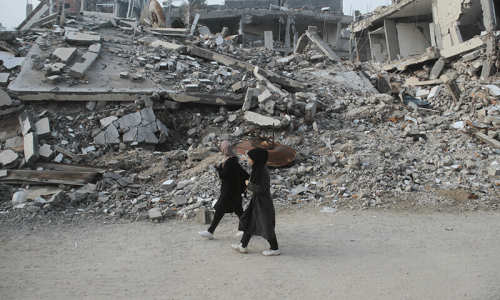
THE Rule of Law Index 2022 placed Pakistan 129th on a list of 140 countries. The placement was as gloomy as is the reality on the ground. Together, they call for comprehensive reforms in the domain of crime control.
One significant avenue for improve-ment lies in the transformation of the role of the police force and implementation of community policing strategies. Community policing has proven to be the most successful method of policing in a number of countries around the globe. Singapore, for instance, implemented citizen patrolling strategies, and the rate of street crimes was in time brought down to zero.
Drawing inspiration from social contract theory, community policing fosters a stronger social contract between law enforcement personnel and the community they serve. As trust between police and the community grows, citizens are more likely to cooperate, report crimes, and provide valuable information, echoing the sentiments of Travis Hirschi, a prominent sociologist, who emphasised the importance of social bonds in reducing criminal behaviour.
Utilising elements of virtue ethics, community policing shifts the focus from reactive to proactive crime prevention. By addressing the root causes of crime and focussing on community wellbeing, community policing reduces crime rate, enhancing the perception of justice both locally and globally, as supported by the success of the ‘broken windows’ policing strategy in New York City.
Incorporating elements of restorative justice theory, community policing prioritises rehabilitation and reintegration over punitive measures, aligning with principles of fairness and reconciliation. Howard Zehr, a leading figure in promoting restorative justice, has rightly said that restorative justice is not about being soft on crime, “it is about being smart on crime”.
By rehabilitating the offenders and mending the social fabric, community policing contributes big time to a more just society. If we implement the plan, it will establish Pakistan’s commitment to global norms of justice, as seen in the successful implementation of similar programmes elsewhere, say, in Canada.
Grounded in human rights theory, community policing recognises the inherent dignity of all individuals, ensuring that policing practices are respectful and non-discriminatory. Upholding the principles of human rights will enhance Pakistan’s image abroad, emphasising its commitment to protecting the rights of its citizens, similar to the success of human rights-centred policing in Scandinavian countries, like Sweden and Norway.
By implementing community policing strategies with appropriate means, Pakistan can become a low-crime country, if not a crime-free one. Maintaining social order will also come handy in putting the national economy back on trail.
The relevant authorities should take immediate and effective steps to imple-ment community policing strategies in the country. There is nothing to lose in doing that, and a lot to be gained.
Sabir Hussain Zounr
Jamshoro
Published in Dawn, October 14th, 2023












































Dear visitor, the comments section is undergoing an overhaul and will return soon.